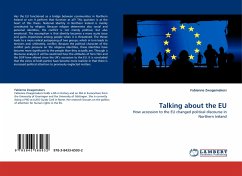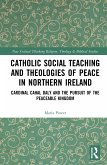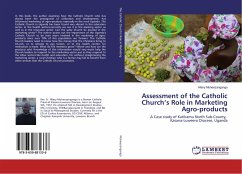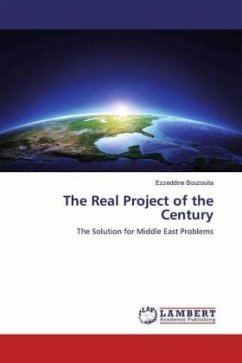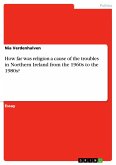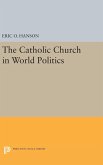Has the EU functioned as a bridge between communities in Northern Ireland or can it perform that function at all? This question is at the heart of this thesis. National identity in Northern Ireland is mainly constituted by religion. Because religion determines also social and personal identities, the conflict is not merely political, but also emotional. The assumption is that identity becomes a more acute issue and gains importance among people when it is threatened. The threat leads to a more radical juxtaposing of two groups, which in turn leads to tensions and, ultimately, conflict. Because the political character of the conflict puts pressure on the religious identities, these identities have become more significant to the people than they actually are. Through a discourse analysis it will be examined how the attitudes of Sinn Féin and the DUP have altered since the UK's accession to the EU. It is concluded that the views of both parties have become more realistic in that there is increased political attention to previously neglected matters.
Bitte wählen Sie Ihr Anliegen aus.
Rechnungen
Retourenschein anfordern
Bestellstatus
Storno

